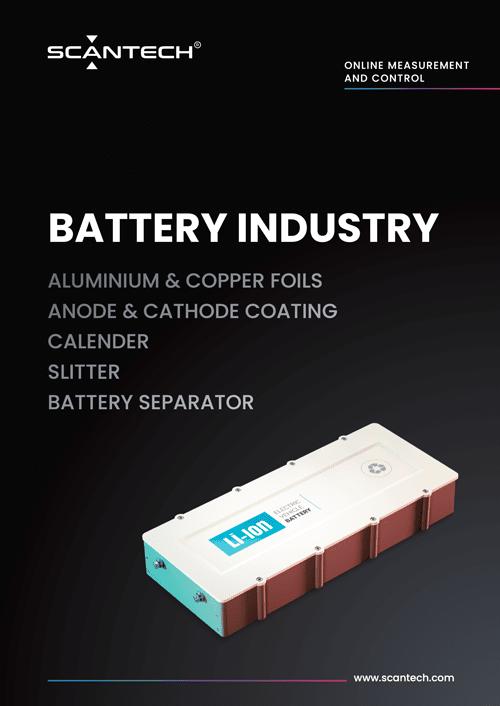
February 14, 2023
Lithium-Ion Batteries: An Overview
Lithium-ion batteries are rechargeable batteries that have become increasingly popular in recent years due to their high energy density and long cycle life. These batteries are used in a wide range of applications, including smartphones, laptops, electric vehicles, and more.
How Lithium-Ion Batteries Work
Lithium-ion batteries work by transferring lithium ions between two electrodes, the anode and cathode. The anode is typically made of graphite, while the cathode is made of a lithium-containing compound. When the battery is charged, lithium ions move from the cathode to the anode, and when the battery is discharged, the ions move from the anode to the cathode.
Advantages of Lithium-Ion Batteries
-
High Energy Density: Lithium-ion batteries have a high energy density, which means that they can store a lot of energy in a small space. This makes them ideal for use in portable electronic devices, where space is at a premium.
-
Long Cycle Life: Lithium-ion batteries have a long cycle life, meaning that they can be charged and discharged many times before they need to be replaced.
-
Low Self-Discharge: Lithium-ion batteries have a low self-discharge rate, meaning that they will retain their charge for a long time when not in use.
-
No Memory Effect: Lithium-ion batteries do not have a memory effect, meaning that they do not need to be fully discharged before being recharged.
Disadvantages of Lithium-Ion Batteries
-
Cost: Lithium-ion batteries are more expensive than other types of batteries, such as nickel-cadmium and nickel-metal Hydride batteries.
-
Safety Concerns: Lithium-ion batteries have a higher risk of catching fire or exploding than other types of batteries, due to the high energy density of the lithium ions.
Applications of Lithium-Ion Batteries
-
Portable Electronic Devices: Lithium-ion batteries are widely used in portable electronic devices, such as smartphones, laptops, and tablets.
-
Electric Vehicles: Lithium-ion batteries are used in electric vehicles, where they provide the power needed to drive the vehicle.
-
Energy Storage: Lithium-ion batteries are used in energy storage systems, where they can store excess energy generated by renewable energy sources, such as wind and solar.
-
Medical Devices: Lithium-ion batteries are used in medical devices, such as implantable pacemakers, where they provide a reliable and long-lasting power source.
In conclusion, lithium-ion batteries are rechargeable batteries that have become increasingly popular in recent years due to their high energy density and long cycle life. These batteries are used in a wide range of applications, including portable electronic devices, electric vehicles, energy storage, and medical devices. While lithium-ion batteries have some disadvantages, such as cost and safety concerns, they are still a popular choice for many applications due to their high energy density and long cycle life.
Lithium-ion batteries are rechargeable batteries that have become increasingly popular in recent years due to their high energy density.
“
Discover measurement on lithium-ion battery production lines
Related Articles
Enhancing Aseptic Package Production
Optimize aseptic package production with Scantech’s advanced measurement solutions. Improve quality, productivity, and safety.
How to Calculate Density: Formulas, Examples, and Practical Tips
Density is a fundamental concept encountered in numerous fields of science and engineering, ranging from materials science.
Online Non-Contact Measurement: The Ideal Solution for Precise and Contact-Free Measurements
In a world where efficiency and precision are essential, Online Non-Contact Measurement has become a must-have solution for many industries.

